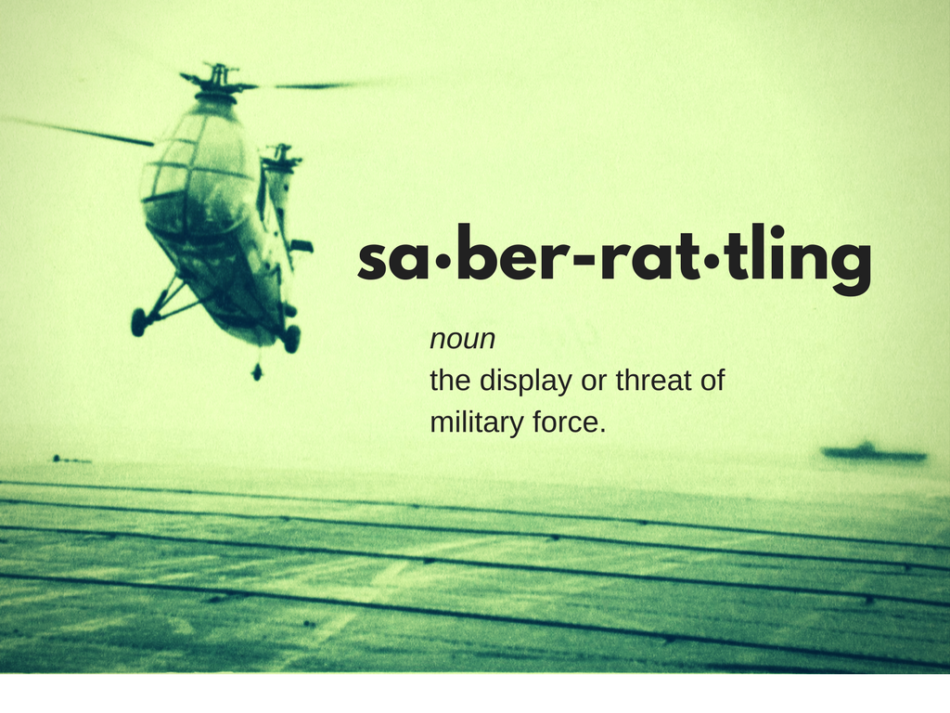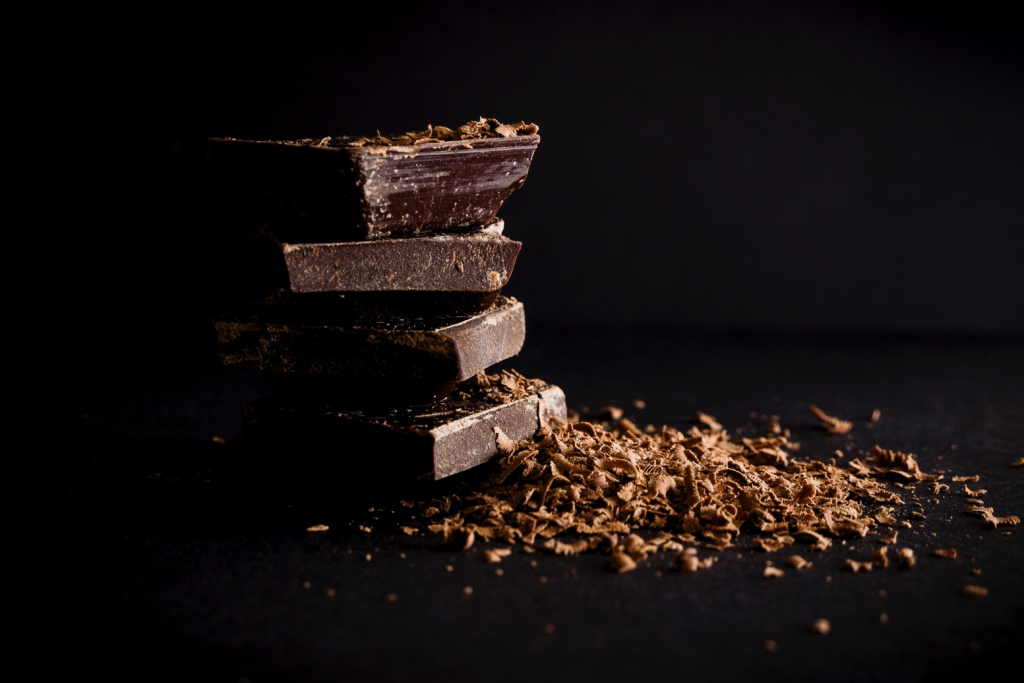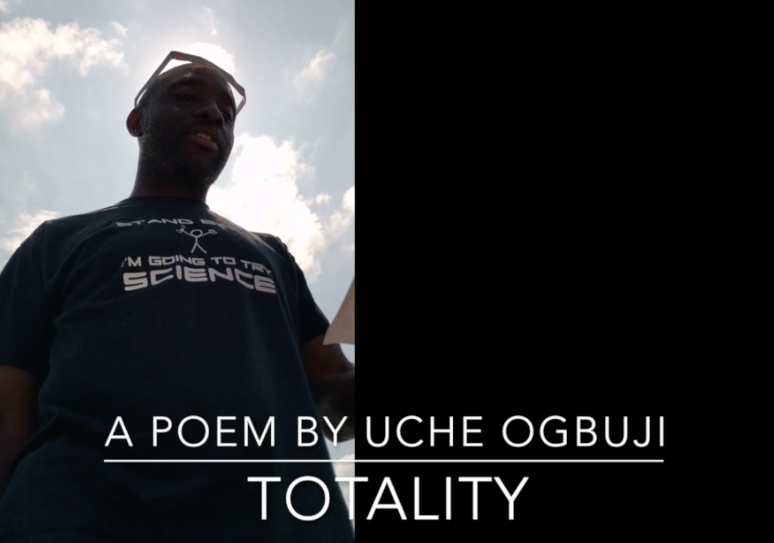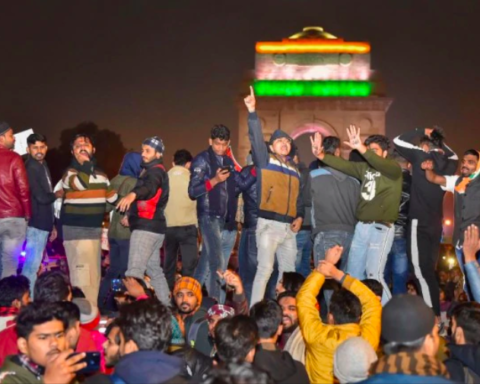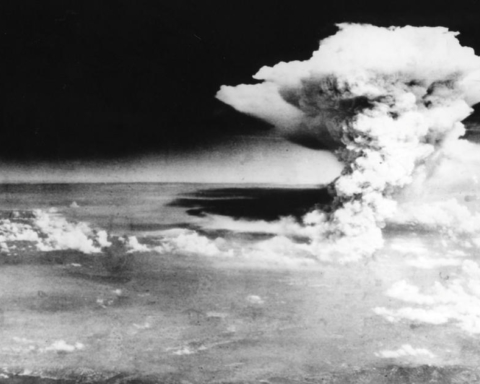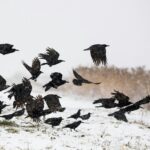I don’t think we’ve fully examined
this phrase known as saber-rattling.
When one rattles one’s metaphoric saber,
may one imagine any size they like?
Must the long blade remain in the scabbard
since it seems impossible to rattle a sword
by itself in the air, that act qualifying
only as brandishing? And how would one
compare qualities of sabers, one versus another,
if remaining only sheathed and slightly shaken
in the potential combatants’ weapons’ casings?
And has anyone discussed the fact that the term
rattled also implies unnerved? I believe
a saber naturally rattles in the scabbard
when walking or on horseback, anyway,
does it not? But saber-wielding. That action
sends a message, but too much committed.
The blade is loosed, is readied, aired
and so often unable to find again its home.
What if the metal itself was afraid. Afraid,
not of battle and blood, but of what it invites
when finally shown the full light of day.
________
Larry D. Thacker’s poetry can be found or is forthcoming in more than ninety publications including The Still Journal, Poetry South, Tower Poetry Society, Mad River Review, Spillway, The Southern Poetry Anthology, Mojave River Review, Mannequin Haus, Ghost City Press, Jazz Cigarette, and Appalachian Heritage. His books include Mountain Mysteries: The Mystic Traditions of Appalachia and the poetry books, Voice Hunting and Memory Train, as well as the forthcoming, Drifting in Awe. He’s presently working on his MFA in both poetry and fiction.
________

